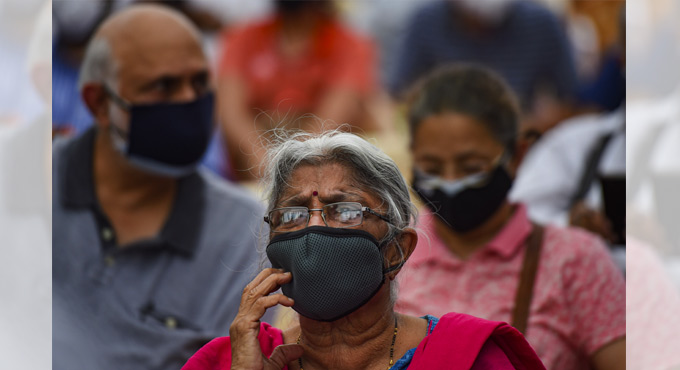
By 2050, one in every five Indians will be over the age of 60 and it’s imperative that Ayushman Bharat gets adequate funding
Published Date - 29 August 2024, 11:59 PM
The growing population of elderly people in India poses a new set of challenges in geriatric care. This calls for more public investments in healthcare, housing and pensions. By 2050, India’s elderly population is expected to double, touching about 319 million. This would mean that one in every five Indians will be over the age of 60. Obviously, this will have a profound implication not only for our healthcare system but for society at large. Against this backdrop, the expansion of the Ayushman Bharat health insurance scheme to cover all senior citizens above 70 years marks a significant step towards alleviating the financial burden of healthcare on the elderly. However, to ensure sustainability, the expansion of the scheme must be complemented with a comprehensive primary healthcare system that is focused on prevention and health promotion at every age. This will allow people to arrive at an older age healthier and stay healthy longer. With an ageing population with inadequate health coverage, the expansion of the scheme for those over 70 years across all income groups is expected to have a significant impact, adding nearly 4 crore new beneficiaries to the scheme. According to the Longitudinal Ageing Study in India (LASI), India’s population over the age of 60 years is estimated to increase from 8.6% in 2011 to 19.5% by 2050.
The current allocation of Rs 7,300 crore for the scheme, with only a Rs 100 crore increase from the previous Budget, raises concerns about the adequacy of funding for such an expansion. As healthcare costs for the elderly continue to rise, the scheme’s sustainability and its ability to provide comprehensive coverage to all senior citizens will be a critical area of focus for policymakers. In a country where a visit to a private hospital pushes over 5 crore people below the poverty line every year because of the exorbitant treatment costs, the Ayushman Bharat scheme amounts to significant government intervention to alleviate the suffering of the people. It is expected to significantly reduce out-of-pocket expenditure for healthcare by covering nearly 40% of the population, including secondary and tertiary hospitalisations. The country needs to chart a transformative multi-pronged path, with supportive institutions such as the private sector, academia and civil society, to put in place a robust social security net for the elderly. There is a need to make substantial investments, both in terms of finances and human resources, in geriatric care. It acquires urgency given the steady weakening of traditional support systems over the decades and the rise of nuclear families. At present, most medical colleges don’t have specialised training wings in geriatrics. This gap needs to be addressed immediately keeping in view the future demand. Geriatric care is now confined to some tertiary hospitals in urban areas and is prohibitively expensive.





Leave a Reply